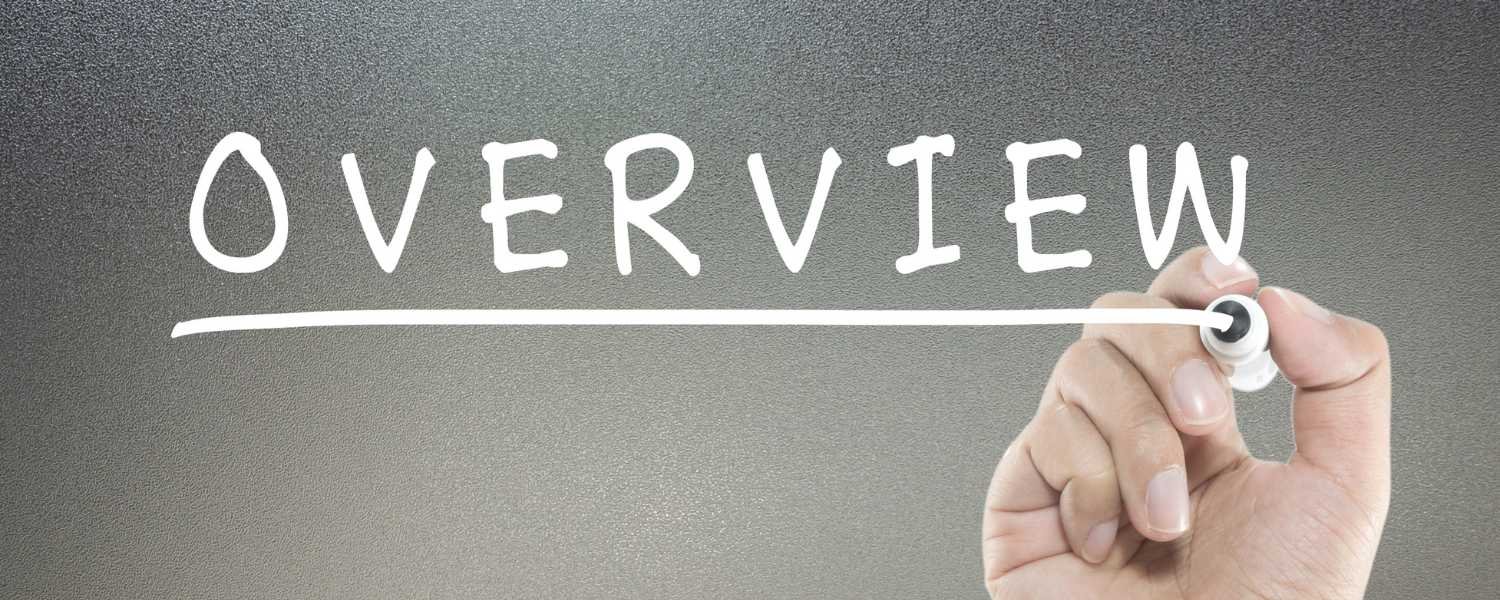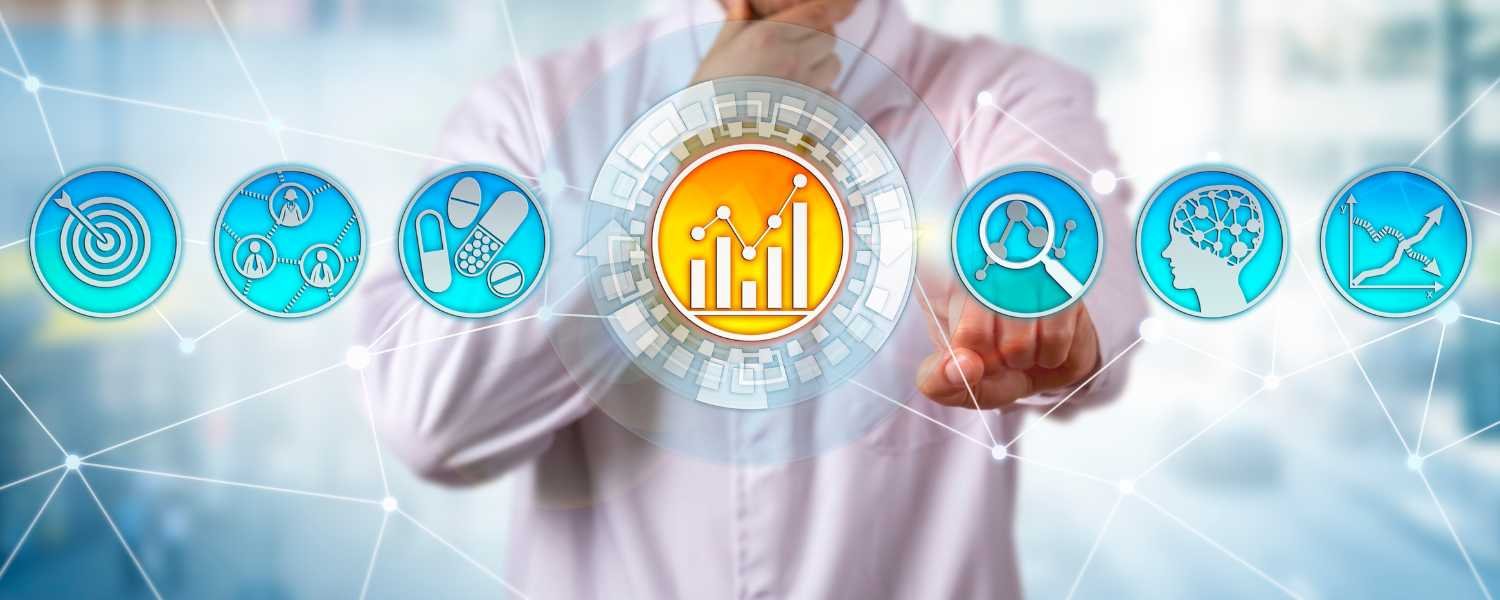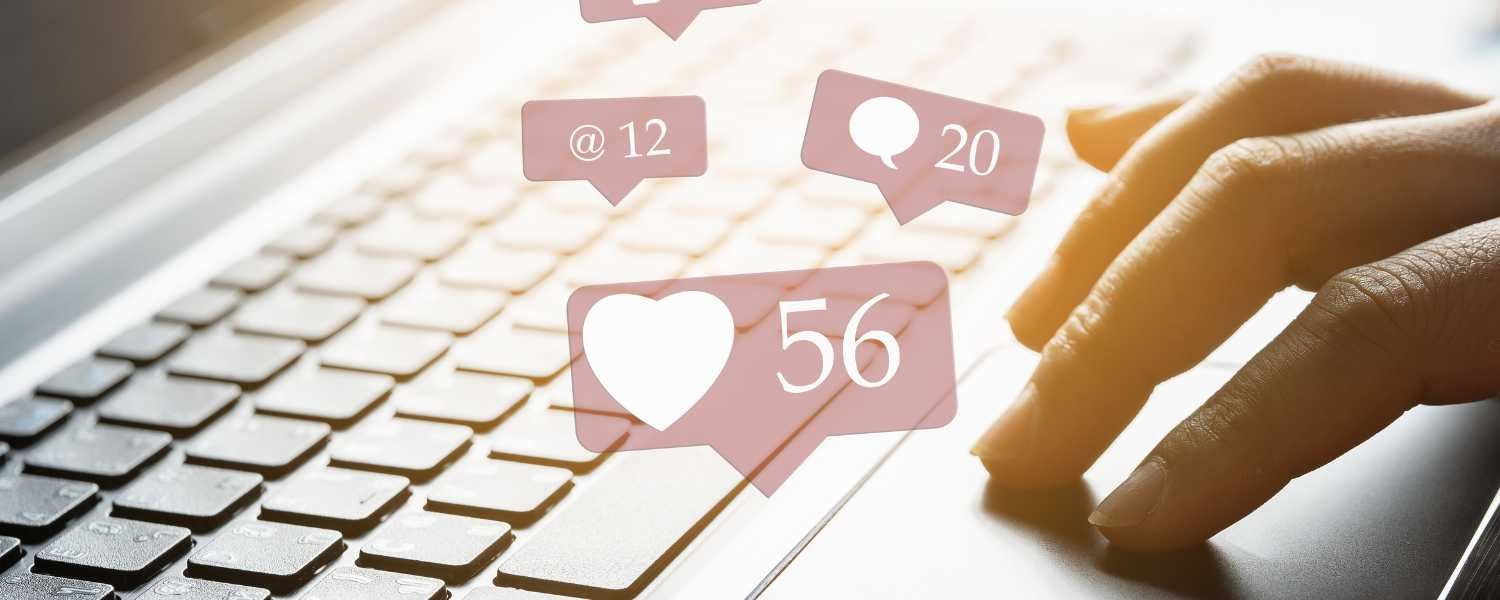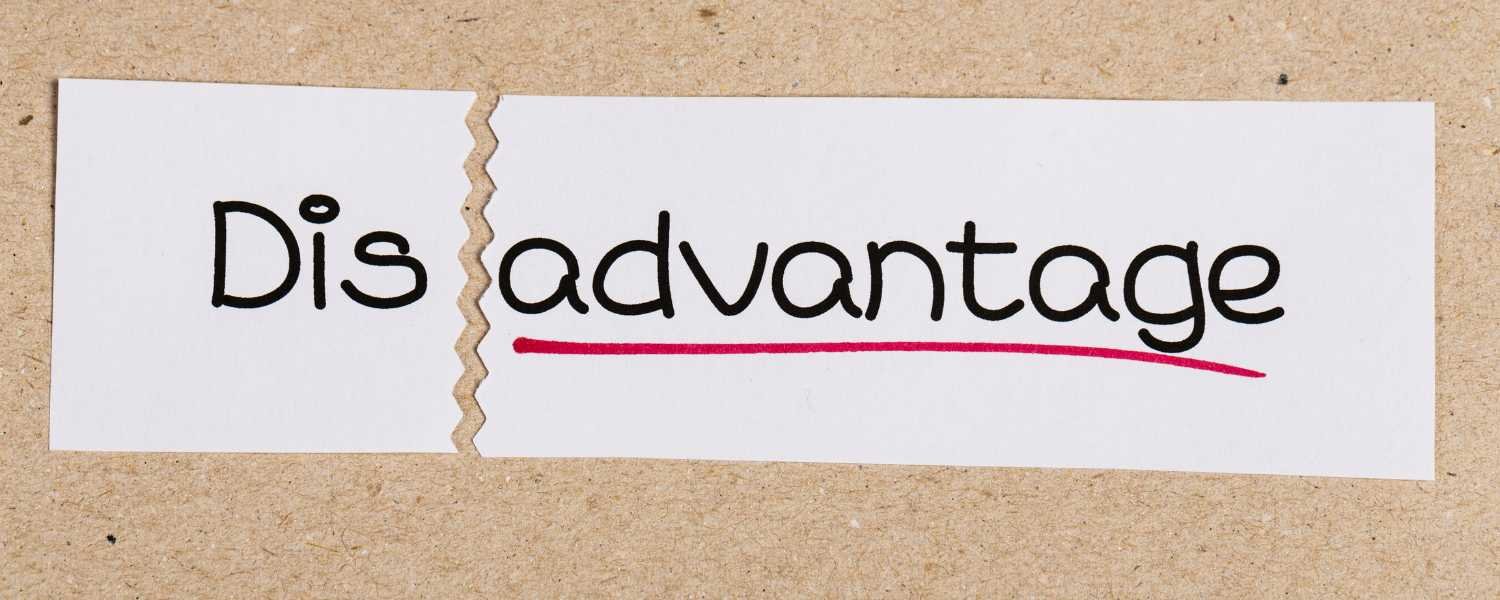Social media has transformed the landscape of our connections and communication, completely revolutionizing how we engage and interact. Interact in today’s digitally driven world. Its impact spans various aspects of society, from fostering global friendships to shaping cultural trends. However, amidst its advantages, social media also presents inherent disadvantages. From privacy concerns to misinformation and cyberbullying, navigating this dynamic landscape requires a nuanced understanding of social media’s advantages and disadvantages. Understanding the intricacies of social media usage is essential for responsible engagement.
Overview of Social Media

In today’s interconnected world, social media platforms have become ubiquitous, offering many advantages to users worldwide. One of the most prominent benefits is connecting and communicating with others effortlessly. Individuals can bridge geographical gaps through messages, posts, tweets, and comments and maintain relationships with friends, family, and even strangers.
Moreover, social media facilitates seamless multimedia content sharing, enabling users to express themselves creatively through photos, videos, GIFs, and memes. This multimedia exchange fosters a vibrant digital culture of sharing and celebrating ideas and experiences. However, alongside these advantages, social media also presents its fair share of drawbacks and benefits, commonly known as social media advantages and disadvantages.
Additionally, social media empowers users to voice their opinions, ideas, and thoughts on various topics, sparking meaningful discussions and debates. Individuals contribute to the global conversation through personal reflections or engaging with trending topics.
Furthermore, social media is a hub for communities and groups based on shared interests and passions. From hobbyist forums to professional networks, these online communities provide individuals with a sense of belonging and support worldwide. However, amidst these advantages, it’s crucial to know the inherent social media advantages and disadvantages. Issues such as privacy concerns, cyberbullying, misinformation, and addiction are prevalent in online spaces, highlighting the need for responsible usage and digital literacy.
In conclusion, while social media offers numerous advantages, it’s crucial to approach it with caution and mindfulness. By leveraging its benefits while being aware of its pitfalls, users can navigate the digital landscape safely and enjoyably.
Why People Share Information?

Sharing information has become a fundamental aspect of our online interactions in social media. Understanding why people share information can shed light on social media’s advantages and disadvantages.
One advantage lies in the desire to disseminate valuable and entertaining content. Social media acts as a stage for individuals to exciting or informative information, enriching the digital landscape for others. Additionally, sharing allows individuals to define themselves and express their interests, beliefs, and identity to their online audience.
However, alongside these advantages come several disadvantages. While social media fosters connections, it may result in superficial connections and a dearth of authentic interaction. Moreover, the proliferation of information on social media can sometimes lead to misinformation and the spread of false narratives, impacting societal discourse.
Despite these drawbacks, social media’s influence cannot be understated. Social networks have become integral to various aspects of society, from shaping politics to driving business decisions and cultural trends. Grasping the pros and cons of social media.sharing is essential for responsibly navigating this digital landscape. By recognizing the potential pitfalls and harnessing the By understanding the advantages, individuals can confidently decide on their choices. online presence and contribution to the broader digital community.
A Platform for Great Initiative

In today’s digitatoday’ssocial media advantages and disadvantages have emerged as a powerful subject, presenting benefits and drawbacks to its users.Understanding the nuances of this platform is essential for maximizing its benefits while navigating its potential disadvantages.
One notable benefit of social media lies in its capacity toserve as a platform for meaningful initiatives. Communities thrive on social media platforms, providing individuals a space to connect, share their experiences, and seek support. This sense of belonging is invaluable, especially for those facing challenges or struggles. By joining relevant communities, individuals can find solace in knowing they are not alone.
Moreover, social media facilitates the exchange of ideas and resources, enabling members to offer counsel, financial assistance, or other forms of support to those in need. Charitable organizations utilize social media profiles to raise awareness and garner support for various causes, fostering a culture of philanthropy and altruism.
However, it is essential to acknowledge the disadvantages inherent in social media usage. While it connects people from diverse backgrounds, it can also amplify feelings of isolation or inadequacy, especially when users compare their lives to curated online personas. Additionally, spreading misinformation and cyberbullying are prevalent concerns that demand vigilant moderation and intervention.
Users must exercise caution and mindfulness to harness social media’s benefits while mitigating its drawbacks. Cultivating a healthy online presence involves balancing engagement and detachment, prioritizing authentic connections over superficial validation. Moreover, promoting digital literacy and ethical behavior can nurture a digital space that is both secure and embraces diversity.
Social media is a double-edged sword, offering opportunities for connection, support, and advocacy alongside challenges such as misinformation and online harassment. By understanding and addressing these complexities, individuals can harness social media’s full potential as a force for positive change and collective empowerment.
Uses of Social Media for Business

In today’s modern media, it has become an indispensable tool for businesses to connect with their audience, foster relationships, and boost brand visibility. However, like any powerful tool, it comes with its advantages and social media advantages and disadvantages that businesses must navigate effectively.
Advantages of Social Media for Business:
- Enhanced Connectivity: Social media platforms provide businesses with a direct line of communication to engage with customers, gather feedback, and address concerns promptly. This fosters stronger relationships and brand loyalty.
- Increased Brand Awareness: Businesses can organically broaden their influence and enhance brand exposure through steadfastly posting valuable content and engaging with followers.
- Cost-Effective Marketing: Compared to traditionalAmong advertising avenues, social media marketing presents a cost-effective means Allowing Enabling businesses to exhibit their products or services to a specific audience.
Disadvantages of Social Media for Business:
- Public Scrutiny: One of the most significant drawbacks of social media is its public nature. Any misstep or controversial post can quickly damage a company’s repucompany’sd erode customer trust.
- Time-Consuming: Managing multiple social media accounts and creating engaging content can be time-consuming for businesses, especially smaller ones with limited resources.
- Skill Requirement: Effective social media marketing requires expertise and an understanding of the platform’s audience preferences. Inappropriate or poorly executed posts can backfire and drive customers away.
While social media offers immense opportunities for businesses to thrive in the digital landscape, it’s crucial To engage with it cautiously, mindful of its potential ramifications. pitfalls; social media, by its very nature, enables businesses to connect with their audience on a personal level, foster brand loyalty, and reach a global market with minimal cost. However, it also opens avenues for negative feedback, misinformation, and privacy concerns. By understanding both the advantages and disadvantages Through the utilization of social media, businesses can unlock the complete capabilities inherent within it. platform to drive growth and success.
Connect with People

Today’s digital media platforms are powerful tools for connecting with people from around the globe. The capacity to interact with friends, family, acquaintances, and even strangers remains consistent.one of the primary social media advantages and disadvantages. Whether you’re lookingyou’rerge new friendships, expanding your professional network, or staying in touch with loved ones, social media platforms offer unparalleled opportunities for connectivity.
One of the key advantages of social media is its accessibility. Through a few simple taps, you can connect with people from various backgrounds and cultures, breaking free from geographical constraints.This level of connectivity fosters cultural exchange, allowing users to gain insights into different perspectives and experiences.
Moreover, social media platforms facilitate seamless communication through features such as direct messaging, comments, and video calls. These tools enable users to engage in real-time conversations, share experiences, and collaborate on various projects. Whether you’re discussing with colleagues, seeking advice from industry experts, or catching up with friends halfway across the world, social media makes communication effortless.
Social media is also a valuable resource for information and knowledge sharing. Users can choose from a broad array of content options. encompassing news articles, educational resources, tutorials, and reviews, empowering them to explore a multitude of topics. This accessibility to information empowers individuals to stay informed, learn new skills, and make well-informed decisions.
However, amidst its numerous social media advantages and disadvantages, one notable drawback is the risk of privacy breaches and security concerns. With the vast amount of personal data shared on these platforms, users may become vulnerable to identity theft, cyberbullying, and other online threats.
Moreover, the captivating allure of social media often results in prolonged periods of screen engagement,, impacting mental health and productivity. Constant exposure to curated content and peer validation may also contribute to feelings of inadequacy and self-comparison.
In conclusion, while social media offers unparalleled connectivity and information sharing opportunities, it is essential to approach these platforms mindfully, balancing the benefits with potential risks. By leveraging the advantages of social media while mitigating its disadvantages, users can harness its full potential as a tool for connection, communication, and collaboration in today’s interctoday’sd world.
Impact of Social Media Across Industries

In today’s interconnected world, social media’s impact transcends boundaries, influencing various sectors in both positive and negative ways. Let’s delve into social media’s advantages and disadvantages across different industries.
In Media and entertainment, platforms like Facebook, YouTube, Instagram, and TikTok have revolutionized content creation and consumption. They provide a platform for creativity, enabling individuals In order to articulate their thoughts and connect with a worldwide audience. Nevertheless, these platforms also face challenges such as piracy and copyright violations, which threaten the livelihood of content creators and media companies.
Retail is another industry greatly influenced by social media. With the power of personalized marketing, businesses can target specific demographics and tailor their advertising efforts accordingly. In shaping consumer preferences, influencers wield considerable influence.but they can also sway opinions negatively, causing reputational damage to brands.
Social media benefits the tourism sector through image-sharing and reviews, which attract travelers to destinations worldwide. However, excessive use of social media during vacations can detract from the experience, leading to decreased engagement with the surroundings and heightened stress levels.
In education, social media offers collaboration and knowledge-sharing opportunities among students and teachers. It facilitates communication outside the classroom and provides access to many resources. Nevertheless, the flip side includes distractions and exposure to inappropriate or misleading content, posing challenges to maintaining focus and academic integrity.
Social media has affected even policymaking, with platforms like Twitter and Facebook serving as arenas for public discourse and debate. While these platforms promote transparency and citizen engagement, they also amplify misinformation and fake news, which can sow discord and undermine trust in institutions.
The impact of social media across industries is undeniable, bringing both benefits and drawbacks. It’s essential for businesses, educators, policymakers, and individuals to navigate this digital landscape mindfully, leveraging its advantages while mitigating its pitfalls.
Disadvantages of Social Media

In today’s digitatoday’ssocial media has become an integral part of our lives, offering advantages and disadvantages. Understanding these pros and cons, including social media advantages and disadvantages, is crucial for navigating the virtual world responsibly.
Let’s delve into the downside of social media:
- Privacy Pitfalls: One of the foremost concerns is the risk of privacy breaches. Sharing personal information opens the door to potential data misuse and identity theft.
- Cyberbullying: Unfortunately, social media platforms aren’t immune and aren’t lying. Cyberbullies exploit the anonymity of the internet to harass and intimidate others, causing emotional distress.
- Misinformation Mayhem: False information spreads rapidly across social networks, leading to confusion and distrust. Differentiating between fact and fiction becomes challenging amidst the deluge of content.
- Digital Addiction: The addictive nature of social media can consume excessive amounts of time, hindering productivity and disrupting real-life interactions.
- Social Comparison: Constant exposure to curated lifestyles Engaging on social media can ignite sentiments of inadequacy and inferiority. adversely affecting self-esteem.
- Mental Health Concerns**: Excessive usage has been linked to mental health issues such as anxiety, depression, and a sense of isolation, highlighting the need for moderation.
- Loss of Face-to-Face Interaction**: Spending excessive time online diminishes opportunities for genuine, face-to-face connections, potentially eroding interpersonal skills.
- Online Scams: Users must remain vigilant against online scams and fraudsters who exploit social media users’ trusting natures for financial gain.
- Information Overload: The overwhelming content can lead to information overload, making it challenging to sift through and discern credible sources from misinformation.
- Privacy Issues: Even seemingly innocuous sharing can compromise personal security and privacy, leaving individuals vulnerable to various online threats.
While social media offers numerous benefits, including connectivity and information sharing, for those Addicted to Electronics, it’s imperative to navigate these platforms mindfully, considering the potential drawbacks outlined above. Striking a balance between engagement and detachment is key to leveraging social media’s advantages while mitigating its disadvantages.
Harmonizing the Positives and Negatives of Social Media

In today’s society, media has become an inseparable part of students’ lives, and students’ advantages and disadvantages require a delicate balance. To maneuver through the intricate terrain of social media,, it’s crucial to understand how to leverage its positive aspects while mitigating the negative ones for individuals’ overall well-being and academic success. It highlights the importance of understanding social media’s advantages and disadvantages.
Achieving this balance can be effectively pursued through
periodic digital detoxification. Taking breaks from social media allows individuals to detach from the incessant flow of information and notifications, promoting mental clarity and reducing stress. This practice enables one to focus on other aspects of life, fostering a healthier relationship with technology.
Additionally, understanding and utilizing privacy settings on social media platforms play a pivotal role in safeguarding personal information. By controlling who can see their posts and photos, individuals empower themselves to protect their privacy in an online environment with advantages and disadvantages.
Media literacy is another essential skill in navigating social media. Emphasizing the importance of verifying information from multiple sources and recognizing potential bias or misinformation helps individuals become discerning consumers of online content. This critical thinking skill is invaluable in distinguishing between credible information and misinformation.
Encouraging hobbies and interests beyond social media is vital for personal growth and well-being. By exploring activities that interest them, individuals can find fulfillment and a sense of accomplishment outside the digital realm. This balanced approach ensures that social media does not consume all of their time and energy.
Moreover, promoting online etiquette fosters a more inclusive and respectful online environment. Encouraging individuals to be open-minded and tolerant of diverse viewpoints cultivates meaningful interactions and reduces the negative impact of social media conflicts.
Effective time management is also essential in maintaining a healthy relationship with social media. By creating structured schedules that allocate dedicated time for social media use, individuals can prevent excessive consumption and prioritize other essential tasks and activities.
Finally, regular self-reflection allows individuals to evaluate their online behaviors and consequences. By considering both the advantages and disadvantages of social media, individuals can find a balance that aligns with their values and goals.
By implementing these strategies and mindful practices, individuals can effectively balance the advantages and disadvantages of social media, leading to improved health and wellness and a more fulfilling online experience.
Conclusion
Social media platforms have undeniably transformed how we connect, communicate, and interact in today’s digital world. They offer numerous advantages, including enhanced connectivity, information sharing, and opportunities for meaningful initiatives across various industries and personal spheres. Social Media Positive alongside these benefits come significant disadvantages, such as privacy concerns, cyberbullying, misinformation, and digital addiction. Users must approach social media with caution, mindfulness, and responsible usage. By leveraging its advantages while being aware of its pitfalls, individuals can navigate the digital landscape safely and enjoyably. Striking a balance between engagement and detachment, promoting digital literacy, and adopting mindful practices are crucial steps toward harnessing the full potential of social media for positive change and collective empowerment in our interconnected world.
